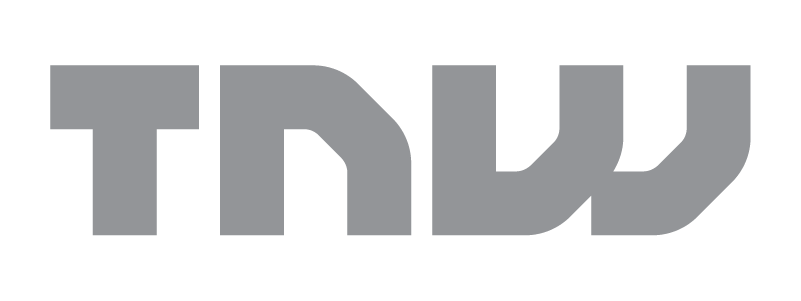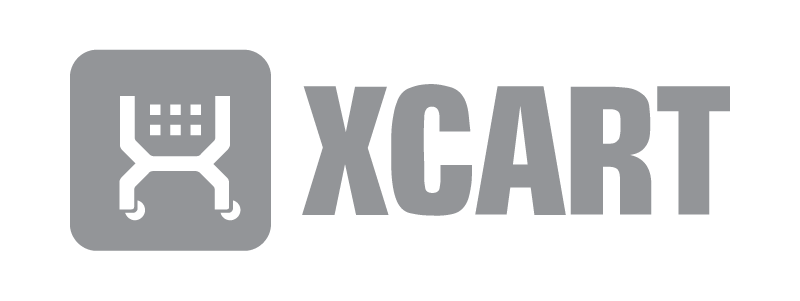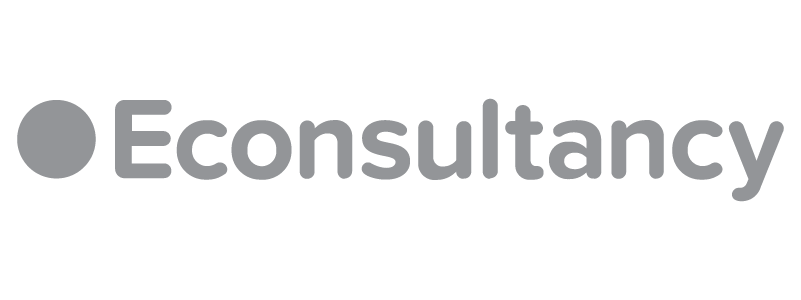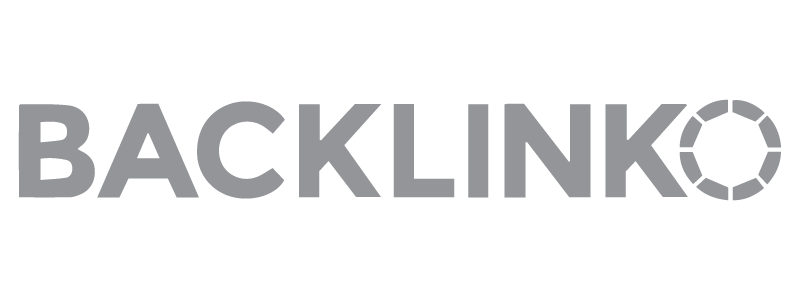Selling private label products is the most profitable ecommerce business model.
Look around.
The top Shopify ecommerce brands (that rake in 8-figures) aren’t dropshipping generic junk. They’re using private label products as the cornerstone of a brand marketing machine.
With a little bit of thought and resources, you can develop and sell your own brand, giving you total control and maximum profits.
The reason that I created this guide is that too many people think there is an insurmountable learning curve to building a private label business.
Disclaimer: If you’re looking to get rich quick, sorry this isn’t for you. But, if you’re willing to put the work in, you can make real money selling private label products online.
This guide will help you understand what it takes to launch a private label brand and give you ideas on products commonly private or white labeled.
You Don’t Have To be a Big Brand to Succeed
The holy grail of ecommerce is when people start searching for your brand. Don’t make the mistake of pushing cheap, generic products on Amazon or your website. Instead, prioritize offering high-quality products. Instead of building a quality brand of your own, you’ll be chasing your tail forever.
“Jordan Shoes” is searched for 83,000 times per month. That’s more search traffic than the entire category of “basketball shoes” and “1And1 Shoes”, combined! But in reality – there isn’t much difference in the materials or manufacturing process between Jordan and And1.

You don’t have to create a Jordan brand name to be successful – look at Peak Design. They’ve carved out a nice market share for themselves.
Every month, tens of thousands of people are looking to buy their branded products from online stores. These customers often turn to Amazon sellers for their purchasing needs. And their products are NOT cheap.
I’m sure you can imagine how much markup is in that $260 backpack.
But guess what.
People are buying it like crazy.
If your ecommerce site is just selling other people’s stuff, you’re only going to go so far. But, if you’re willing to put in the time and energy required to build a brand, you can crank out some serious cash.
But you’re probably asking yourself – How do I build a brand? It all starts with learning how to identify product/market fit and develop an effective marketing strategy to find in-demand products. You need to find products to sell online that are important to your ecommerce site’s niche audience.
Without further, ado – here’s our list of best private label products to sell, organized by category.
Apparel and Accessories
Clothing is a great market for private label brands. Customers love discovering new brands that help them stand out. The average closet has more than 100 items of clothing and fashion. Plus, there are purpose-driven outfits for working out or enjoying a day at the beach.
Manufacturers are standing by to private or white label any of these:
Yoga pants for women (63K Amazon Searches Per Month)
Hiking Boots Women (26K)
Smart Backbacks (36K)
Maternity Dresses (12K)
Jean Shorts for Women (36K)
Rain Ponchos (30K)
Reusable Water Bottles (346K)
Cosmetics & Beauty Products
The skincare industry is estimated to reach $189 billion dollars by 2025.
Margins on cosmetic products are insane. People are becoming more aware of what they put in and on their body. Think vegan, natural, etc.
With the push for healthier skin care products, the cosmetic industry is shifting. This is an excellent opportunity for entrepreneurs to establish their private label as the perfect next step for shoppers looking to make a change.
Here are some examples of skin care products that you could private label:
Cruelty-free Makeup (638 Amazon searches per month)
Organic Sunscreen (11K)
Natural Deodorant (28K)
Charcoal Toothpaste (35K)
Coffee Scrub (5K)
Tea Tree Oil (130K)
Anti-aging Face Cream (11K)
Essential Oils
Packaged Food
With food prices at the local general grocery store rising, more and more people are shopping online. Private label food brands are also going online to find health-conscious consumers at home. Think vegan, organic, gluten-free, non-GMO. Beyond health food, custom sweets and other gifts are extremely popular with online shoppers.
If you don’t have the cojones to sell weed online (I sure don’t) – a safer bet would be to start a gluten-free snack brand.
These are all super easy to private label, you just design the packaging.
Organic Baby Food (9K)
Matcha Green Tea Powder (32K)
Gluten-free Snacks (20K)
Keto Snacks (89K)
Hair Care Products
Everyone has different hair needs. This is a huge market with a virtually unlimited customer base. From bald men to natural curls – there’s endless segments here.
Here are some private label ideas in hair care:
Hair Growth Shampoo (12K Amazon Searches Per Month)
Beard Oil (61K)
Hair Mask (26K)
Human Hair Bundles (21K)
Hair Growth Vitamins (11K)
Private Label Supplements and Health
People take supplements to combat all sorts of personal issues. Jungle Scout, once again, is their friend. And high retail prices have driven large segments of the market online. Dr. Axe is the perfect example of a site killing it with private label supplements.
With the loosening Marijuana laws in North America, there’s been a surge of demand for this type of edibles. The good news is there’s ecommerce platforms that focus on CBD.
Here are some of the hottest supplements right now:
CBD Gummies (32K Amazon Searches Per Month)
Vegan Protein Powder (58K Amazon Searches Per Month)
Detox Tea (27K)
Creatine (83K)
Testosterone Booster for Men (20K)
Turmeric Curcumin (65)
Yoga Mats (250K)
These are just a few category examples. But there’s something that binds them together. Every one of the niches listed above can be marketed through influencer marketing and Facebook ads on social media. And, the relative cost to produce these items in large quantities is lower. Plus, the profit margins can be phenomenal.
Have you ever considered how little it actually costs to manufacture common cosmetic products? Think of those tiny bottles of eyeliner, or a container of foundation. The margins at the convenience store are insane!
And if you can find the right clothing manufacturers, you can make a killing there too.
The markets where private labels succeed have low barriers to entry. There is a short product life-cycle. (Think about how often you buy these products.) And brand trust is important for the buyer. This means that once you establish your brand, customers are likely to return for more.
Private Label FAQs
Private Label Business Roadblocks
I don’t want to make it sound like selling online is easy. It’s just not as hard as some of the “gurus” like to make it seem.
There are many important decisions that you’ll need to make along the way. This guide will go a long way to highlighting the challenges your company will experience.
Before you start selling products, you need to be aware of some of the hurdles. The strategies I outline will help you get over them.
You need capital to launch a private label business. You have to pay for initial product runs, branding, design, marketing, shipping and customer service. The more units you purchase up front, the better the per-unit cost will be.
Small business owners can be resourceful and source private branded products for as low as $500. It all depends on your approach.
Don’t forget to register for a business tax ID with the IRS. Keep careful records of your financial accounts. Consider hiring a tax preparer.
Here are some additional tips for starting your own ecommerce brand.
- You might end up chasing the wrong niche market. That’s an expensive mistake.
- Your supplier might not be up to the job. Quality control is really important. If you’re not getting what you paid them for, you’ve got an expensive problem on your hands.
- The wrong packaging can harm the customer experience. Protection during shipping is just as important as branding.
- Setting profitable product price points can be tough. There are many variables that can hurt profitability.
- The market could shift on you. By the time you’re up and running, they hype train has left the station – and your products are left sitting on the platform.
Make Sure You Include Product Fulfillment and Shipping Into Your Pricing Strategy
Fulfillment by Amazon (Amazon FBA) is a program where you can have your merchandise shipped directly to an Amazon warehouse. Once it’s there, Amazon will show your item as in-stock on their website.
Better yet, your products qualify for Prime Shipping, along with other Amazon benefits that are important to Amazon shoppers. Amazon will even provide customer service for your product orders. This can be a huge benefit, especially if you don’t like dealing with customers over the phone.
If you’re worried about fees, it is super easy to estimate Amazon FBA/MCF fees:
- Visit the Amazon profitability calculator.
- Choose a product similar to yours
- Enter in your estimated product cost
You have to decide whether the benefits outweigh the costs.
Ready to Sell Private Label Products?
After you’ve done your product/market research and established solid relationships with reliable suppliers, you’ll need to set up a business and get a tax ID.
Most suppliers only want to deal with serious businesses – not tire kickers.
Before you get to all the fun stuff like brand development, content marketing, Facebook ads, Instagram marketing – you’ll want to get a solid plan in place to make sure you can thrive financially.
It all starts with selecting the right product niche and validating your idea.








































































































